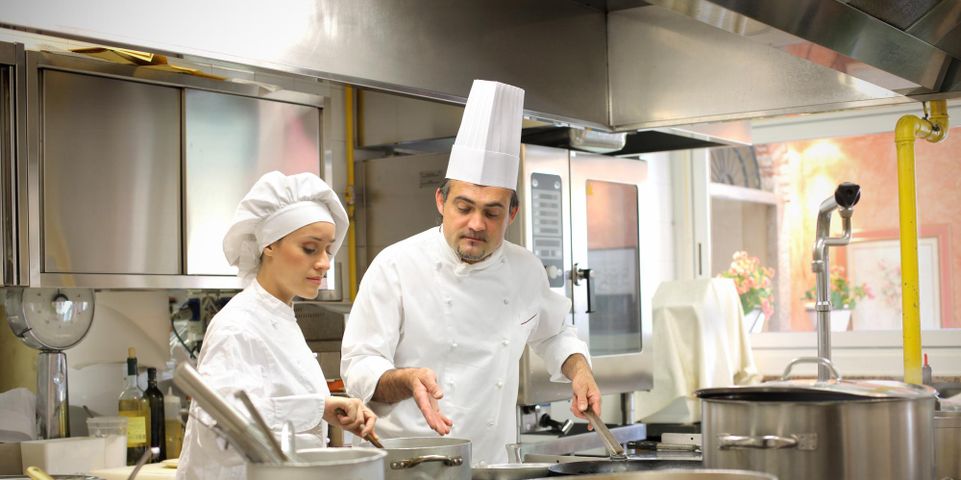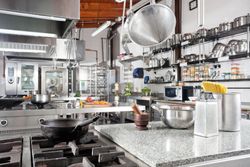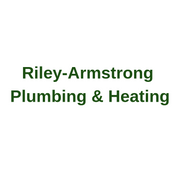
Not all heating, cooling, and refrigeration systems are created equal. Of the many subcategories of HVAC systems, there are two main types: residential and commercial. Within the latter, a restaurant is unique. If you’re opening a new eatery or need to upgrade your existing system, here’s what you should know about installing and maintaining equipment with the help of an HVAC contractor.
How Do Restaurant HVAC Systems Differ?
Standard residential HVAC units pull outdoor air into the home and condition it to the desired temperature, using either a furnace or AC compressor. The air is then circulated through a simple network of ducts that’s relatively self-sufficient. Restaurant systems are more complicated because they require more air circulation to accommodate the building’s size, ensure the freshness of food, and keep staff and guests comfortable.
The HVAC system is crucial to maintaining air quality as well as comfort. While a home’s heating and cooling units may only need to cycle a relatively small amount of air and remove minimal pollutants, a restaurant’s system must remove gas, grease, and smoke from the kitchen and dining area while keeping the air fresh and comfortable. After all, a home’s kitchen and dining room are simpler and used far less frequently.
The commercial ducts, hoods, and other components ensure there’s sufficient air exchange to accomplish this. Without adequate ventilation and air circulation, you may have difficulty maintaining a comfortable temperature and eliminating foul odors and unpleasant substances, such as smoke and gases. Insufficient air circulation can also be dangerous since gas and grease are combustible.
What Are Common HVAC Issues in a Restaurant?
 Imbalanced air circulation is often caused by insufficient airflow. Make-up air is distributed to replace what’s been removed by exhaust fans, but too much or too little of it can cause drafts, slam doors, and reduce energy efficiency. Inadequate or leaky ductwork can also lead to pollution from excessive accumulation of gases, food particles, and other airborne particles.
Imbalanced air circulation is often caused by insufficient airflow. Make-up air is distributed to replace what’s been removed by exhaust fans, but too much or too little of it can cause drafts, slam doors, and reduce energy efficiency. Inadequate or leaky ductwork can also lead to pollution from excessive accumulation of gases, food particles, and other airborne particles.
Another common issue is unpredictable temperature demands caused by frequent fluctuations. An HVAC contractor can ensure your system meets the unique needs of a commercial facility. For example, they may recommend a system that utilizes heating and cooling zones to control the temperature in specific parts of the building, such as the dining area. You can also preset kitchen temperatures and utilize equipment with variable exhaust controls for greater energy efficiency.
Why Is Regular Maintenance Important?
Preventive maintenance and prompt repairs are particularly crucial in commercial settings. While an AC breakdown might be inconvenient at home, for example, it could result in spoiled inventory and lost business for your restaurant. Hiring an HVAC contractor for routine inspections and tuneups is the best way to keep your system working optimally and your business running smoothly.
If you need an HVAC contractor in Webster County, IA, turn to Riley-Armstrong Plumbing & Heating. Located in Fort Dodge, this commercial plumbing and HVAC service provider has served the community for more than 30 years. Call (515) 955-2232 to speak with a friendly staff member or visit the website to learn more about how they can help you.
About the Business
(14 reviews)
Have a question? Ask the experts!
Send your question

